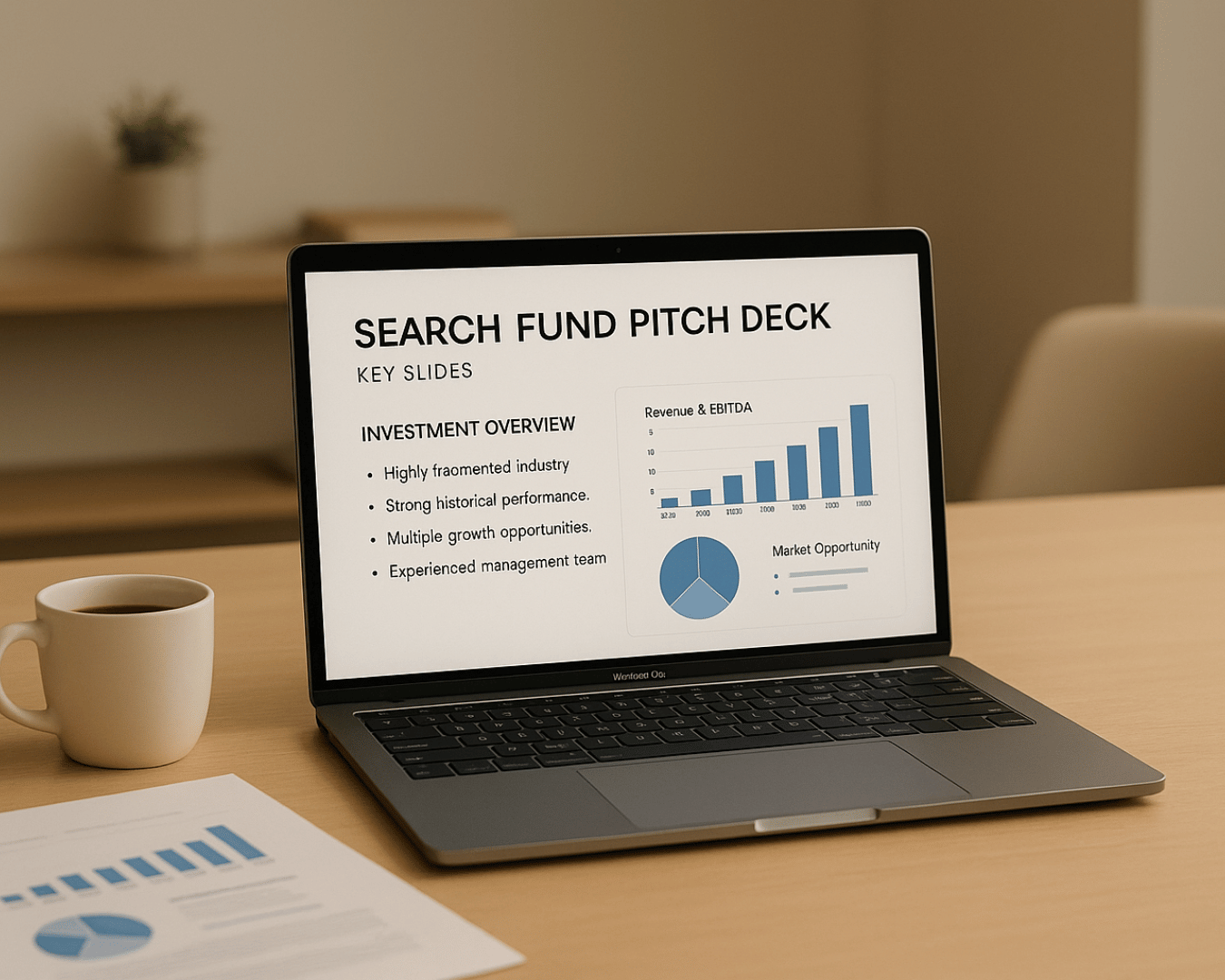The Main Street business market is undergoing a major transformation, making it easier for everyday buyers to purchase small businesses. Here's why this shift matters:
- Baby Boomer retirements: Many small business owners are retiring, creating a surge of businesses for sale.
- Growing buyer interest: More people see business ownership as a way to achieve financial independence.
- Technology advancements: Online platforms, AI tools, and streamlined financing simplify the buying process.
- Off-market opportunities: Many businesses aren’t listed for sale but are open to offers, offering less competition and better terms.
With these changes, tools like online marketplaces, AI-driven valuations, and flexible financing options give buyers an edge. Whether you're looking for a community-focused diner or a small manufacturing firm, it's now easier to find, evaluate, and purchase a business.
Key Takeaways:
- Retiring Baby Boomers are driving a wave of small business sales.
- Online tools and AI make finding and buying businesses faster and more efficient.
- Off-market deals offer hidden opportunities for motivated buyers.
- Financing options like SBA loans and seller financing lower barriers to entry.
If you're ready to take control of your financial future, the Main Street business market offers more opportunities than ever before.
How I Find Businesses to Buy: Step-by-Step Method
Market Forces Behind the Main Street Business Boom
A variety of trends are coming together to open up new opportunities in the Main Street business acquisition market. These forces are making what was once a niche economy more accessible to entrepreneurs and investors alike.
Baby Boomer Retirements and Business Ownership Changes
One of the biggest factors driving this boom is the wave of Baby Boomer retirements. Many of these business owners have spent decades building their companies, often running them as family operations with the owner deeply involved in daily activities. Now, as they approach retirement, many lack clear succession plans. This "silver tsunami" of retiring owners has created a surge of businesses hitting the market, often without a next generation willing or able to take over.
This situation presents a major opportunity for motivated buyers. Retiring owners are frequently more concerned with finding the right buyer to ensure a smooth transition than squeezing out the highest sale price. That means buyers can often acquire well-established businesses with loyal customers and steady revenues under terms that work in their favor. These businesses offer not just financial stability but also the chance to step into a meaningful role in their local communities.
Why More People Want to Buy Main Street Businesses
On the flip side, there's growing interest from buyers who see owning a Main Street business as a way to gain control over their financial future. For many, it’s about more than just income - it’s about building equity, achieving independence, and shaping their own path. Owning a local business also provides a tangible connection to the community, offering personal satisfaction that’s hard to find in traditional jobs. Whether it’s running a diner, a service company, or a small manufacturing firm, these businesses give owners a chance to make a direct impact where they live.
Acquiring an existing business is often seen as a safer bet compared to starting one from scratch. Established businesses come with built-in customer bases, proven revenue streams, and operational systems already in place. Modern technology has also made it easier than ever to manage and streamline operations, lowering the barriers to entry for first-time owners.
These combined trends - Baby Boomer retirements and a growing pool of eager buyers - are reshaping the Main Street business market. It’s an evolving landscape where both sellers and buyers can find opportunities that align with their goals, creating a dynamic marketplace full of potential.
How Technology Makes Main Street Businesses Easier to Find and Buy
Thanks to digital advancements, the process of buying Main Street businesses has become far more streamlined. Gone are the days of relying solely on cold calls, word-of-mouth, or months of networking with local brokers just to discover what’s available. Today, buyers can explore nationwide business listings from the comfort of their laptops. These platforms provide detailed financial insights, growth metrics, and verified seller information, breaking down the traditional barriers that once made this market fragmented and hard to navigate. This shift has opened the door to online marketplaces that consolidate opportunities in one place, making the process more accessible than ever.
Online Marketplaces for Business Sales
Online marketplaces have become the cornerstone of the modern Main Street acquisition process. Acting as centralized hubs, these platforms allow buyers to browse thousands of businesses across industries, locations, and price ranges. What used to be a relationship-driven process has evolved into a data-driven discovery model, giving more people access to opportunities that were once exclusive to well-connected insiders.
For instance, Clearly Acquired integrates public and private listings with advanced search tools, even using Google Maps API to help buyers pinpoint businesses based on location. Buyers can then directly reach out to owners who might be open to selling, even if their businesses aren’t officially listed.
Features like the Import Hub with email deal forwarding bring together deals from multiple sources into one organized dashboard, ensuring buyers never miss an opportunity. Additionally, verified business broker listings add credibility, offering pre-screened options with confidential marketing features that protect sensitive information while still providing the details needed for informed decision-making.
Technology has also redefined deal structures. Platforms now offer investor and co-investor matching, enabling buyers to connect with others for shared capital or expertise. These tools encourage collaboration, creating opportunities that might never have emerged through traditional networking. Beyond these centralized listings, artificial intelligence (AI) is taking things a step further by accelerating transaction processes.
AI Tools That Speed Up Business Transactions
Artificial intelligence has brought remarkable speed and precision to the business acquisition process, handling tasks that once required weeks of manual effort in just a fraction of the time.
Take AI-driven business valuation tools, for example. These systems analyze financial data, industry benchmarks, and market trends to deliver accurate valuations in minutes. Buyers can quickly assess whether a business aligns with their goals without waiting for lengthy manual calculations.
Another game-changer is the integration of Plaid for financial verification, which automates the process of proving financial capacity to sellers and lenders. Instead of gathering and sharing months’ worth of bank statements, buyers can securely verify their financial standing in moments.
Legal processes have also sped up with automated NDAs. What used to take days - drafting, reviewing, and signing legal agreements - can now be completed in minutes, allowing buyers to move swiftly from initial interest to detailed due diligence.
Secure digital data rooms have replaced the need for physical document reviews or endless email chains. These virtual spaces allow sellers to upload all critical business documents - financials, contracts, employee records, and more - into one secure location. Buyers can then review everything at their own pace, making the due diligence process more efficient and organized.
For buyers juggling multiple opportunities, pipeline and deal flow management tools are invaluable. These platforms centralize communication, track the progress of various deals, and set reminders for follow-ups, ensuring nothing falls through the cracks.
AI doesn’t just speed up individual transactions - it transforms the entire market. Features like business audit and growth insights help buyers spot areas for value creation before finalizing a deal. Meanwhile, market trend analyses and intelligence reports provide the broader context needed to make smart decisions about pricing, timing, and industry dynamics.
sbb-itb-a3ef7c1
How to Find Off-Market Business Opportunities
Online marketplaces have made it easier to access business listings, but the real treasures often lie in off-market opportunities - those businesses that aren’t actively listed for sale but might be open to the right offer. While digital platforms simplify finding public listings, tapping into the off-market space requires a more strategic and personal approach. And it’s a big opportunity: 70% of small business owners lack formal succession plans, even though nearly a third plan to exit within five years.
Off-market deals come with some clear benefits. There’s less competition from other buyers, giving you room to negotiate better terms. Plus, many sellers care about more than just the price. In fact, 43% of business owners prioritize legacy over sale price, wanting buyers who will protect employees, maintain community ties, and carry forward their hard work. If you can show you’re committed to preserving what they’ve built, you’ll stand out.
Direct Outreach and Off-Market Sourcing Methods
To access these hidden opportunities, direct outreach is crucial - but it needs to be thoughtful, not random. Cold calls without preparation won’t get you far. Instead, focus on businesses that align with your goals.
- Location-based targeting: With today’s tools, you can create targeted lists of potential businesses based on proximity, foot traffic, or complementary services. This makes it easier to narrow your search to businesses that fit your criteria.
- Business brokers: Brokers often have insider knowledge about businesses that aren’t formally listed yet. They might know of owners nearing retirement, partnerships dissolving, or those testing the waters for a potential sale.
- Networking in specific industries: Trade associations, industry events, and local business gatherings can be goldmines for leads. Suppliers, customers, or even competitors often hear about businesses that might be up for grabs before they’re officially on the market.
- Professional advisors: Accountants, attorneys, and financial planners frequently work with business owners considering an exit. Their introductions can carry more weight than a cold email or call.
When reaching out, do your homework. Understand the business’s challenges, recent developments, and how it might align with your experience. Instead of jumping straight to price or terms, focus on your interest in continuing the owner’s legacy.
How to Evaluate Business Opportunities
Once you’ve identified a potential off-market deal, evaluating it thoroughly is key. Unlike listed businesses, which often come with detailed information, off-market opportunities require more legwork to uncover their true potential.
Start with the financials. Review three years of financial statements, tax returns, and monthly profit and loss reports to gauge consistent revenue, healthy margins, and solid cash flow. For most buyers, financial performance is the top priority (41.8%), followed by growth potential (24.4%) and location (18.9%).
Next, assess the growth potential. This involves looking at customer concentration, competitive positioning, and room for expansion. Most buyers - 75.9% - favor stable, recession-resistant businesses, while 47.2% prefer companies that are already thriving. Ask yourself: Can this business weather economic downturns? Is it overly reliant on the current owner’s relationships?
Operational due diligence is another critical step. Many small businesses depend heavily on their owners for day-to-day operations. Understanding how knowledge, skills, and relationships will transfer is essential. The seller’s goodwill - like their expertise and connections - can be a huge asset during the transition.
Don’t forget to analyze the market position and competition. Look for businesses with strong customer relationships, recurring revenue, or unique advantages that make them harder to compete with. These factors can provide stability and long-term value.
Understanding the seller’s motivation can also lead to better deal structures. Whether they’re retiring, dealing with health issues, or ready to move on to other ventures, knowing their reasons can help you craft an offer that addresses their priorities. Remember, many off-market sellers care more about finding the right buyer than getting the highest price.
Lastly, identify areas where the business could improve, like outdated technology or processes. Upgrading these can increase efficiency and potentially boost the business’s value.
Using AI-driven valuation tools can help you compare your findings to market data. These tools analyze industry benchmarks, comparable sales, and financial metrics to give you a clearer picture of the business’s worth. Keep in mind, though, that off-market deals often come with different valuation dynamics than public listings.
As you evaluate, also think about strategic planning. How will you fund the purchase? Will the seller stay involved during the transition? Structuring the deal to benefit both sides can make the process smoother.
Taking the time to thoroughly evaluate off-market opportunities can lead to acquisitions that are not only financially sound but also align with your long-term goals. Patience and diligence pay off when navigating this less-traveled path.
Financing Options for Main Street Business Purchases
Securing financing is a crucial step when buying a Main Street business. Most buyers don’t have the cash reserves to cover the full purchase price, so knowing your funding options can make all the difference. Creative financing strategies can help reduce the upfront cash you need, making the process more accessible.
The type of financing you choose depends on several factors, including your credit history, the business’s cash flow, and the seller’s preferences. Some deals are well-suited for traditional bank loans, while others benefit from seller financing or a mix of funding sources. Below are some of the most common options available.
Common Funding Sources for Business Acquisitions
-
SBA 7(a) Loans
SBA 7(a) loans are a go-to option for many Main Street buyers because they require a relatively small down payment and offer competitive terms. However, the approval process can be lengthy, with plenty of paperwork involved. -
Seller Financing
In seller financing, the seller acts as the lender, allowing you to pay for the business over time. This option often works well when the seller is more concerned about finding the right buyer and is open to flexible payment terms. -
Conventional Bank Loans
For buyers with strong credit, solid collateral, and a business with proven cash flow, conventional bank loans can be a good choice. These loans often come with favorable interest rates but require a larger down payment and stricter qualifications. -
Equipment Financing
If the business relies heavily on machinery or other tangible assets, equipment financing can cover a significant portion of the purchase price. This approach frees up cash for other needs like working capital or goodwill. -
Earnouts and Performance-Based Payments
Earnouts let you defer part of the purchase price until the business hits specific performance goals. This method reduces upfront costs and aligns the interests of both the buyer and seller, though it can be complex to structure. -
Mezzanine Capital
Mezzanine financing combines elements of debt and equity. While it’s more expensive and may require giving up some equity, it can fill funding gaps when traditional loans fall short, especially for larger deals. -
Investor Partnerships
By partnering with investors, you can share ownership in exchange for capital and expertise. This option allows you to tackle larger deals while managing risk and reward.
Financing Method Comparison
| Financing Method | Down Payment Requirement | Interest/Cost Level | Best For | Key Advantages | Main Drawbacks |
|---|---|---|---|---|---|
| SBA 7(a) Loan | Low | Competitive with government support | Most Main Street acquisitions | Low upfront investment and supportive terms | Lengthy approval process and extensive paperwork |
| Seller Financing | Low to Moderate | Generally favorable | Transactions with cooperative sellers | Flexible terms and reduced immediate cash needs | Dependent on seller's willingness |
| Conventional Bank Loan | Higher | Attractive for qualified buyers | Buyers with strong credit and collateral | Favorable rates for those who qualify | Higher down payment and stricter requirements |
| Equipment Financing | Moderate | Competitive for asset costs | Asset-heavy businesses | Preserves working capital | Limited to the value of equipment funding |
| Earnouts | Variable | N/A | Bridging valuation differences | Reduces upfront cost and aligns interests | Can be complex and contingent on performance |
| Mezzanine Capital | Moderate | Higher | Larger deals needing supplemental capital | Provides additional funding without personal guarantees | Higher costs and potential equity dilution |
Most successful acquisitions use a blend of these financing options rather than relying on a single source. For example, you might combine an SBA loan with seller financing and personal funds to lower your upfront investment while keeping the payments manageable. This mix often results in a more balanced deal structure.
One critical factor to keep in mind is the business’s cash flow, as it determines how much debt the business can support. Lenders typically assess the debt service coverage ratio to ensure the business generates enough cash to cover its debt obligations. Businesses with steady cash flow can handle higher levels of debt, while seasonal or cyclical businesses might require a more cautious approach.
Working with experienced lenders and advisors who specialize in Main Street acquisitions is invaluable. These professionals know which lenders are active in the market, can guide you through the required documentation, and help structure deals that benefit everyone involved. In today’s dynamic financial environment, having knowledgeable support can save you time and help you avoid costly mistakes. By leveraging the right financing options, buyers can unlock the full potential of the Main Street marketplace.
Conclusion: Taking Advantage of the Main Street Business Market
The Main Street business market is now more accessible than ever, offering a wealth of opportunities for savvy investors. What was once a network of word-of-mouth deals has transformed into a space driven by data and efficiency.
Key shifts, such as changing demographics and advancements in technology, have created easier access to high-quality deals. Buyers today can leverage flexible financing options like SBA loans and seller financing, making it possible for those with limited resources to compete effectively. Meanwhile, digital tools streamline evaluations and transactions, offering speed and precision that traditional methods often lacked.
With these advancements, the market is ripe with potential. However, growing competition means that the most attractive deals may not stay available for long. Smart buyers are already taking proactive steps - building systems to spot opportunities early, cultivating relationships with sellers, and securing financing ahead of time to act quickly when the perfect deal comes along.
FAQs
What’s the best way to find and assess off-market business opportunities?
To uncover business opportunities that aren't widely advertised, begin by exploring online marketplaces, diving into industry-specific reports, and connecting with local business networks. These sources often reveal leads that fly under the radar of mainstream listings.
When assessing a potential business, prioritize examining financial records, arranging for a professional valuation, and digging into the seller’s reasons for selling. Developing strong relationships with brokers, business owners, and industry insiders can open doors to opportunities others might miss. Keeping up with market trends can also give you an edge in spotting and securing lucrative deals.
What should I consider when financing the purchase of a Main Street business?
When you're looking to finance a Main Street business purchase, there are a few critical factors to keep in mind. Start by checking your personal credit score and diving into the financial details of the business you want to buy. Lenders typically look at the business's profitability, how long it's been operating, and what collateral is available to back the loan.
You'll also want to take a close look at the loan terms - things like interest rates, repayment schedules, and any extra fees. Another key decision is whether to go with a secured loan, which requires collateral, or an unsecured loan, which doesn’t. Weigh these details carefully to make sure your financing choice sets you up for long-term success.
How can AI tools simplify the process of buying a Main Street business, and what tasks do they help with?
AI tools simplify the process of buying a Main Street business by taking over labor-intensive tasks and boosting precision. They can handle deal screening, calculate business valuations, and aid in due diligence, enabling you to spot promising opportunities more quickly and with greater assurance.
Beyond that, these tools help organize documents, evaluate financial risks, and analyze critical data. This allows buyers to make well-informed decisions without wasting time or energy. By using AI, entrepreneurs and investors can concentrate on identifying lucrative opportunities instead of getting stuck in tedious manual work.


%20%20Process%2C%20Valuation%20%26%20Legal%20Checklist.png)











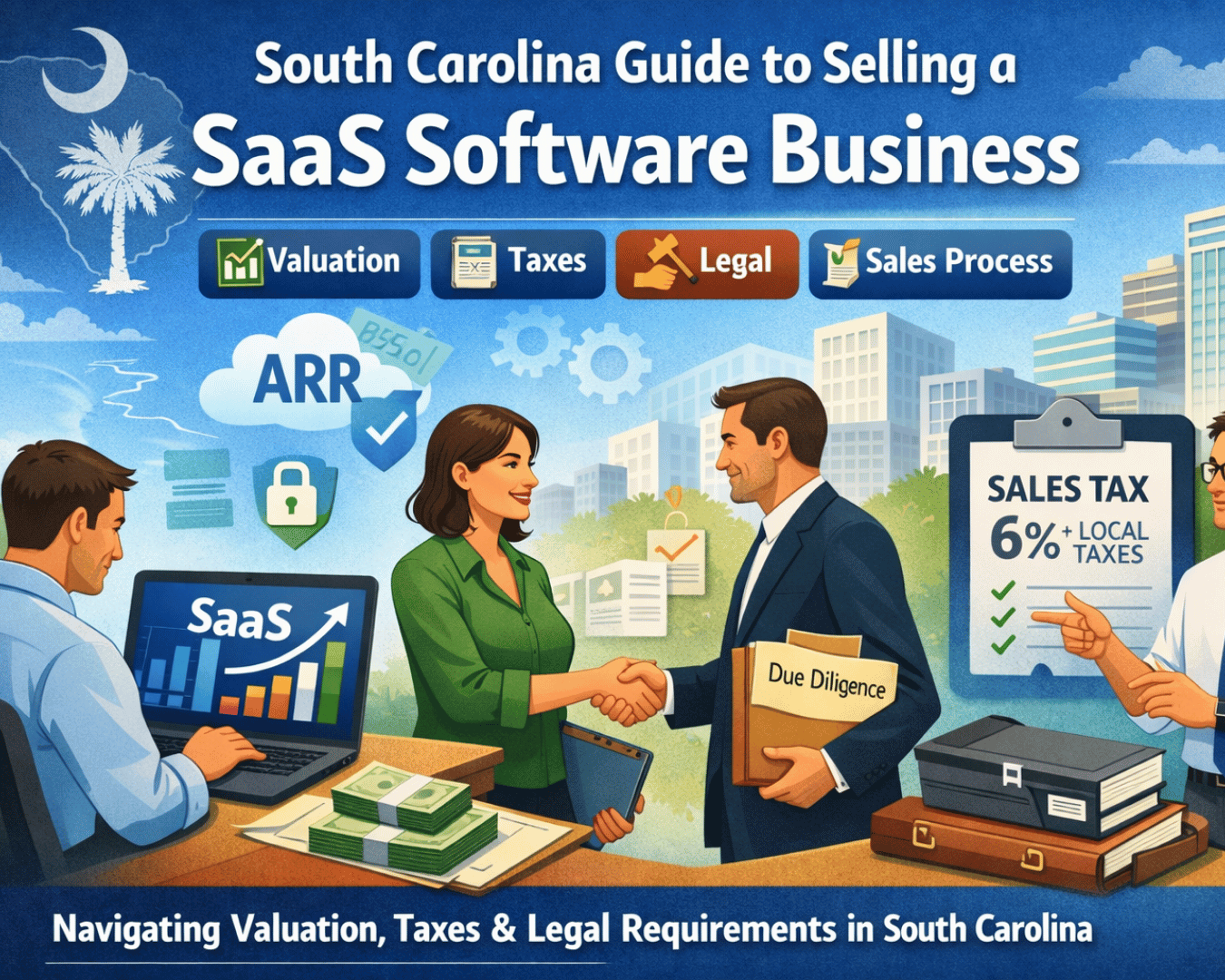







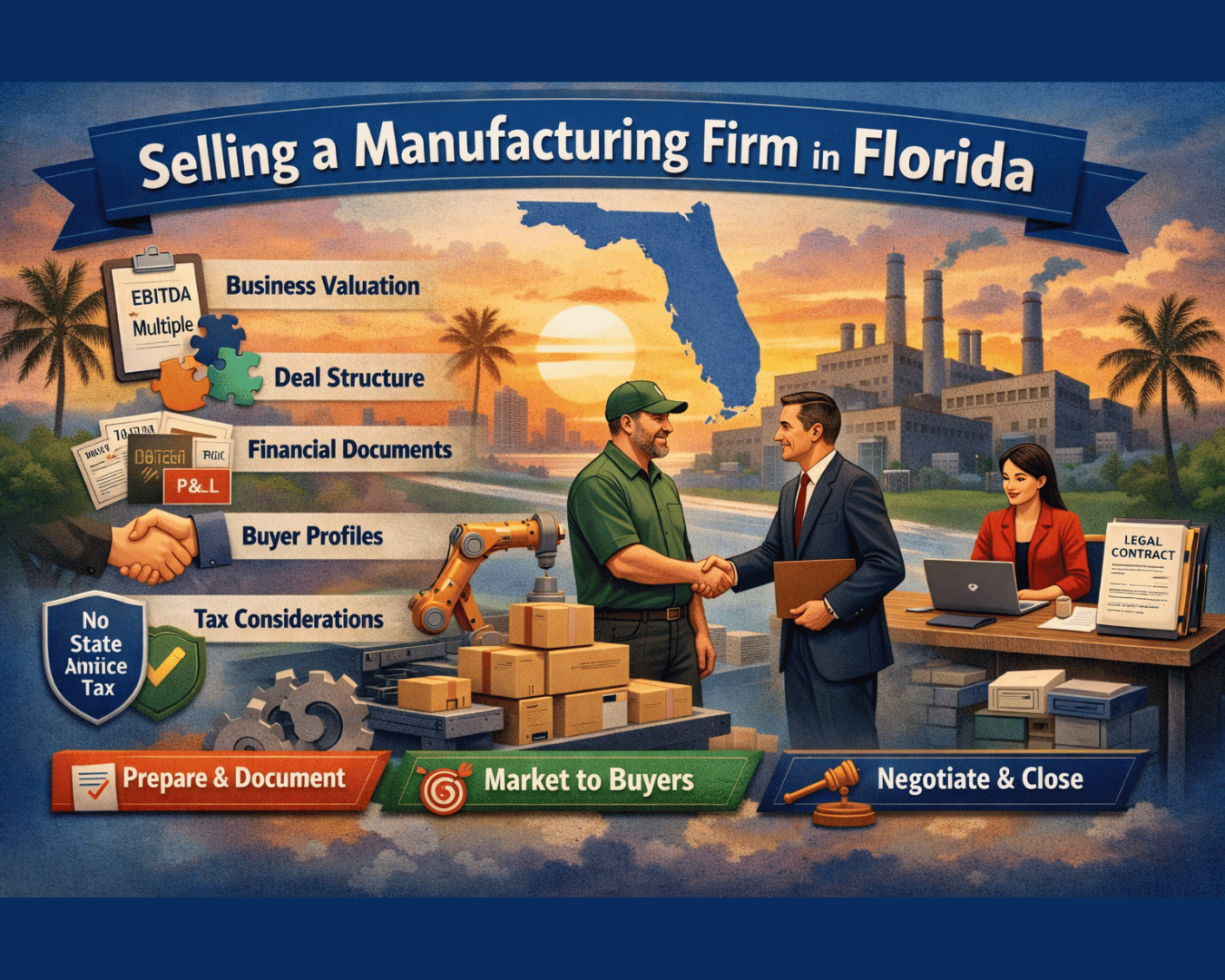
%20in%20a%20%2420M%20Sale..png)
%20vs.%20Conventional%20Loans%20for%20business%20acquisition.png)








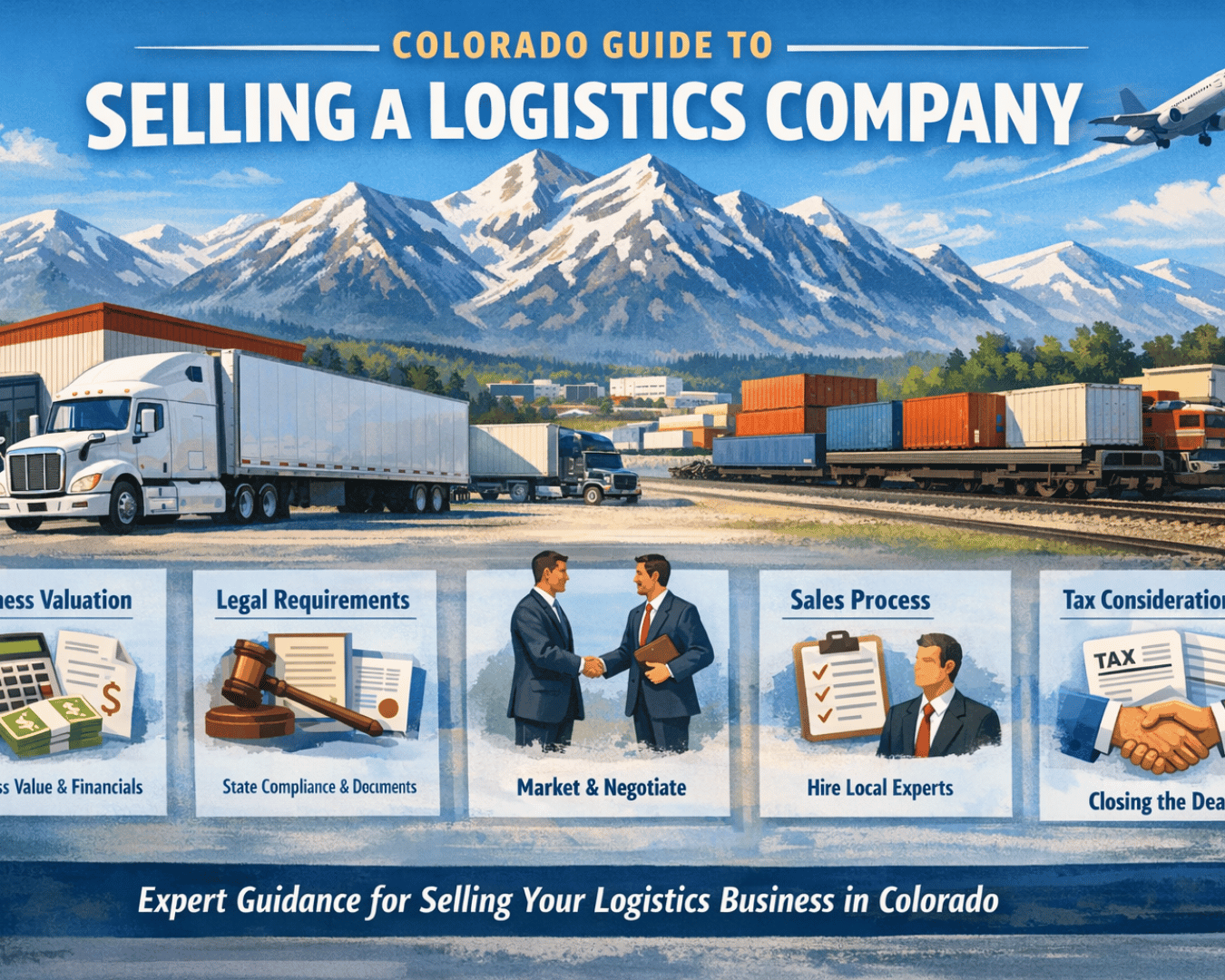













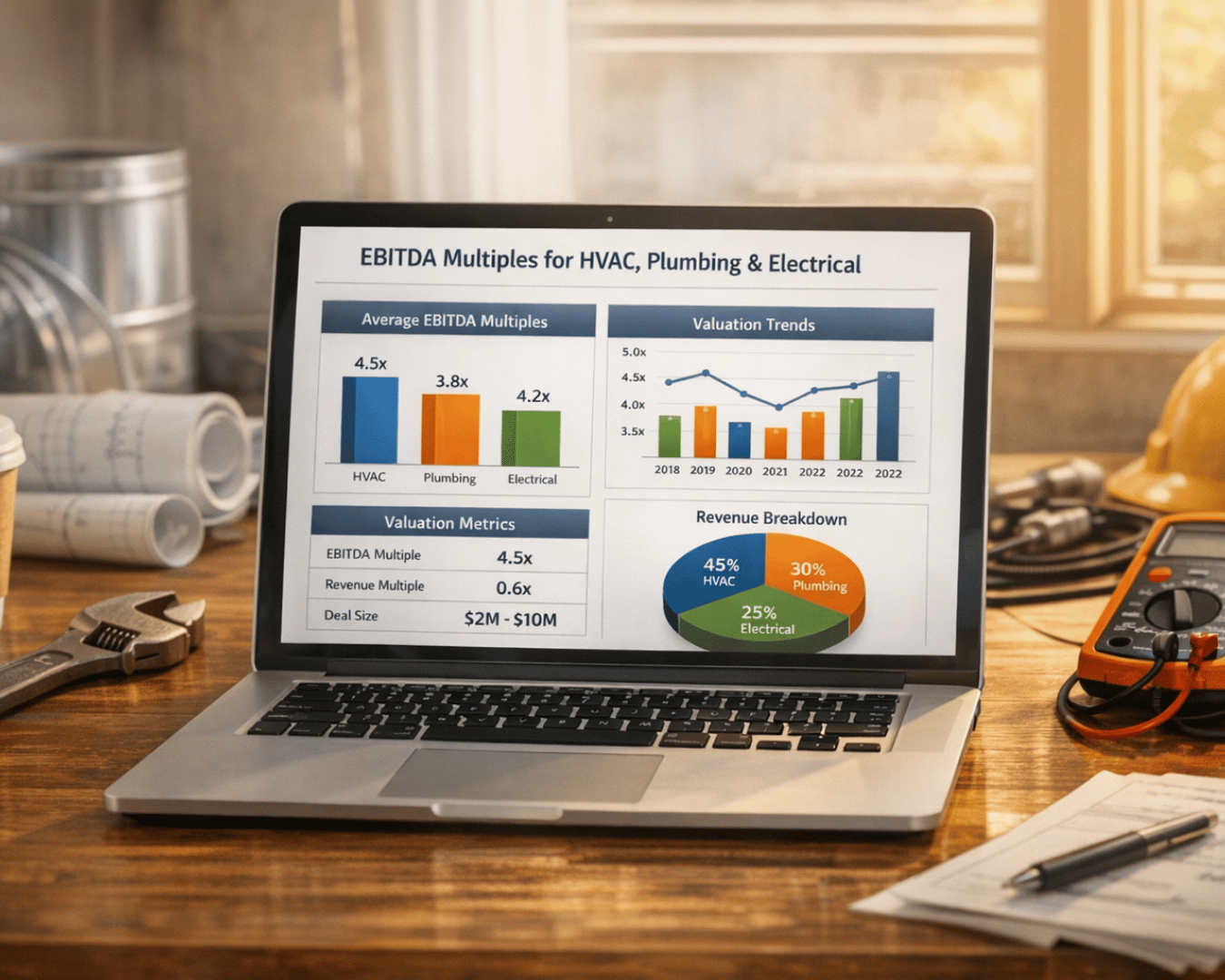
.png)


.png)
.png)

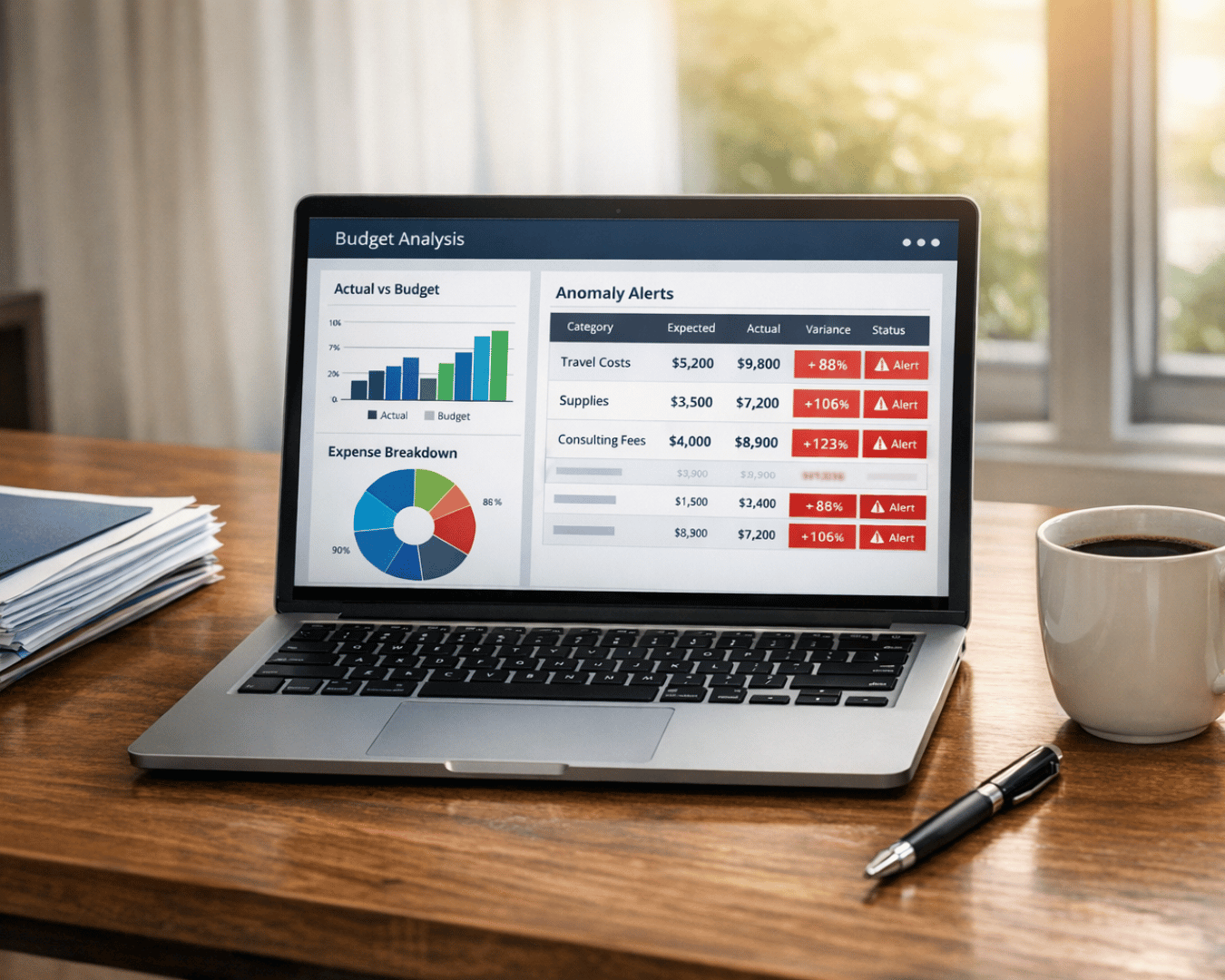
































.png)
